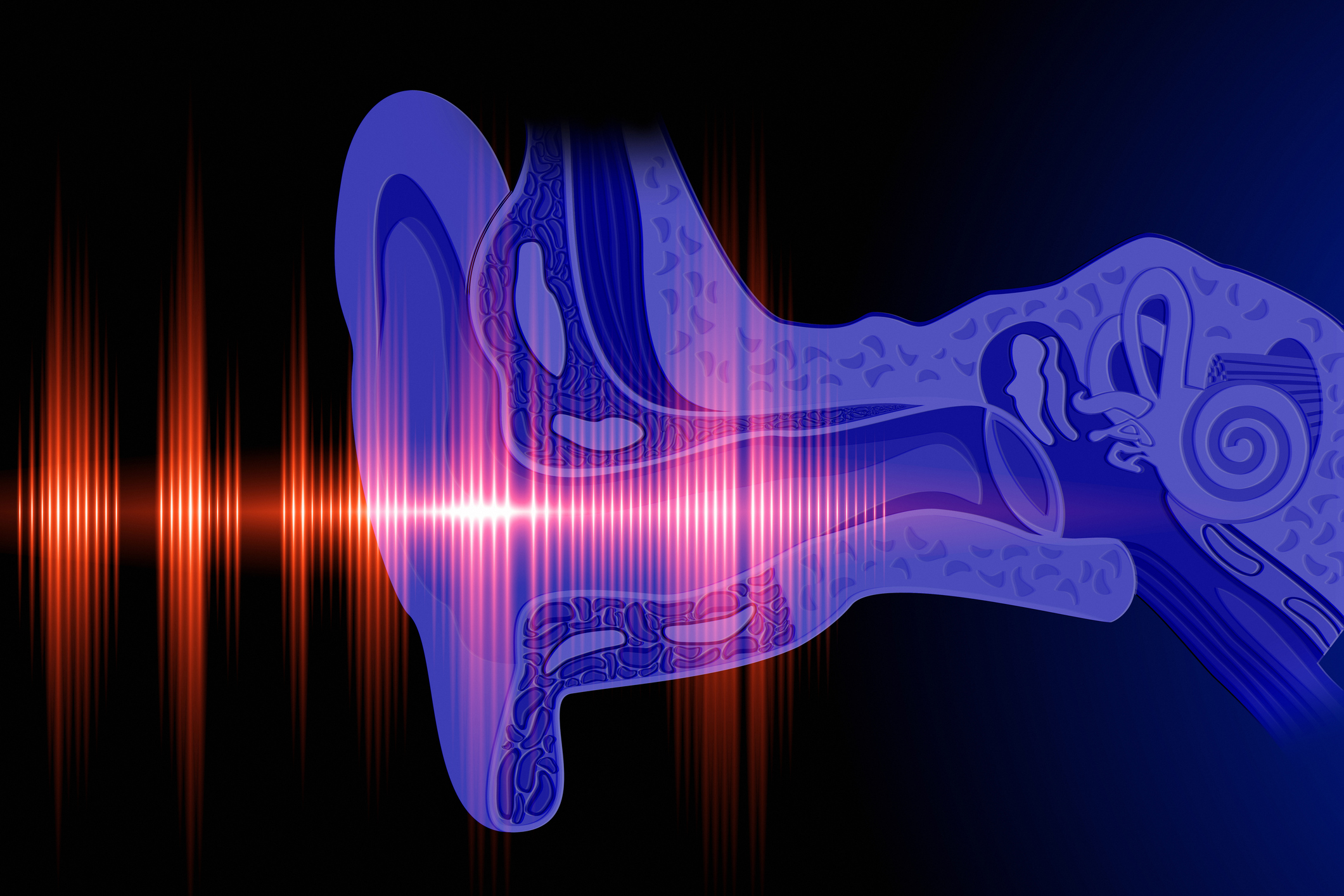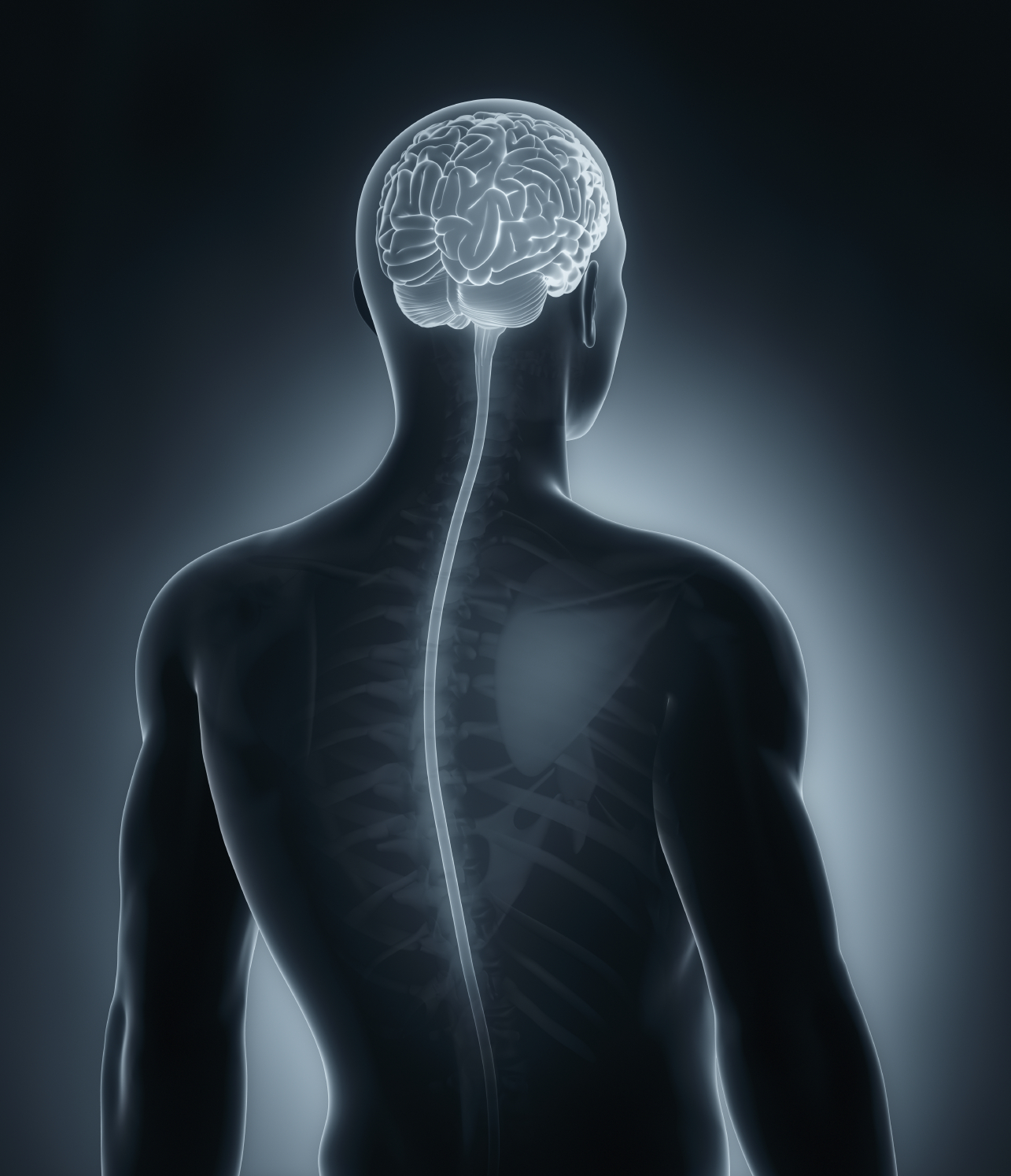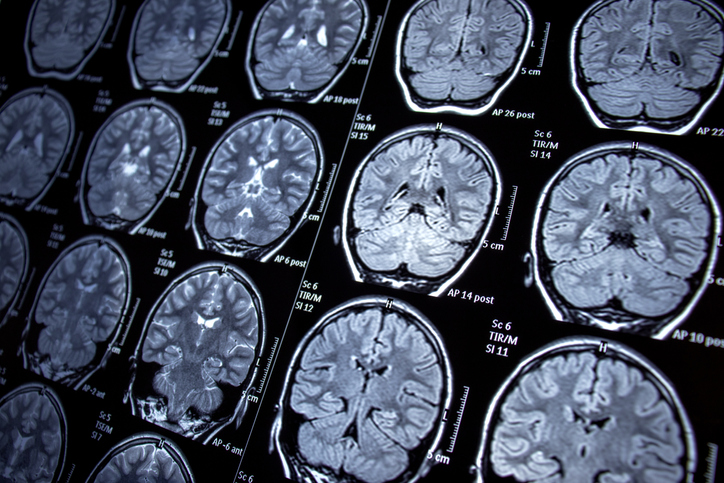Category: Scientific Advances
-

Understanding How Hearing Organs Develop
Northwestern Medicine scientists have uncovered how a specific type of cell in the inner ear plays a commanding role in shaping the cellular landscape of the organ responsible for hearing, according to a study published in Science Advances.
-

Novel Molecular Mechanisms Shape Neuron Identity
A recent study led by Tiffany Schmidt, PhD, has discovered previously unknown cellular mechanisms that shape neuron identity in retinal cells, findings that may improve the understanding of brain circuitry and disease.
-

Uncovering New Therapeutic Targets for Cancer Mutations
A team of Northwestern investigators has discovered novel molecular underpinnings of a common oncogenic mutation in cancer, findings that may inform the development of new therapeutic strategies, according to findings published in Nature Chemical Biology.
-

Spearheading Reproductive Science Research
In 1974, Neena Schwartz, PhD, the William Deering Professor of Endocrinology, launched Northwestern’s Program for Reproductive Research to catalyze reproductive biology research and collaboration across the university.
-

Understanding Cellular Impacts of Neurodegeneration
A Northwestern Medicine study has revealed a key mechanism underlying the development of motor neuron diseases, offering new insights into potential treatment options, according to a study published in the Journal of Neuroscience.
-

Subgroups of Interneurons Regulate Learning and Fear Responses
Northwestern Medicine investigators have uncovered new insights into the synaptic connections of subgroups of interneurons, findings that may improve the understanding of fear responses and could inform new targeted therapies for post-traumatic stress disorder (PTSD), according to a recent study.
-

RNA Isoform Atlas May Improve Understanding of Cardiovascular Disease
Northwestern Medicine scientists have developed a comprehensive atlas of genetic coding sequences in both healthy adult hearts and those with heart failure, as detailed in a recent study published in Circulation.
-

Novel Approach May Improve Early Cancer Detection
A novel approach to detect RNA modification patterns in patient blood samples may be a promising tool for the early detection of colon cancer, as detailed in a recent study published in Nature Biotechnology.
-

Feinberg Scientists Reveal Hidden Dynamics of the Cell’s Smallest Structures
Scientists at Feinberg are reshaping scientific understanding of the cell’s tiniest components—structures once thought to be static, now revealed to be dynamic engines of cellular life.
-

CRISPR’s Efficiency Triples With Spherical Nucleic Acid Delivery System
A new Northwestern study has unveiled a new type of nanostructure that dramatically improves CRISPR delivery and potentially extends its scope of utility.






